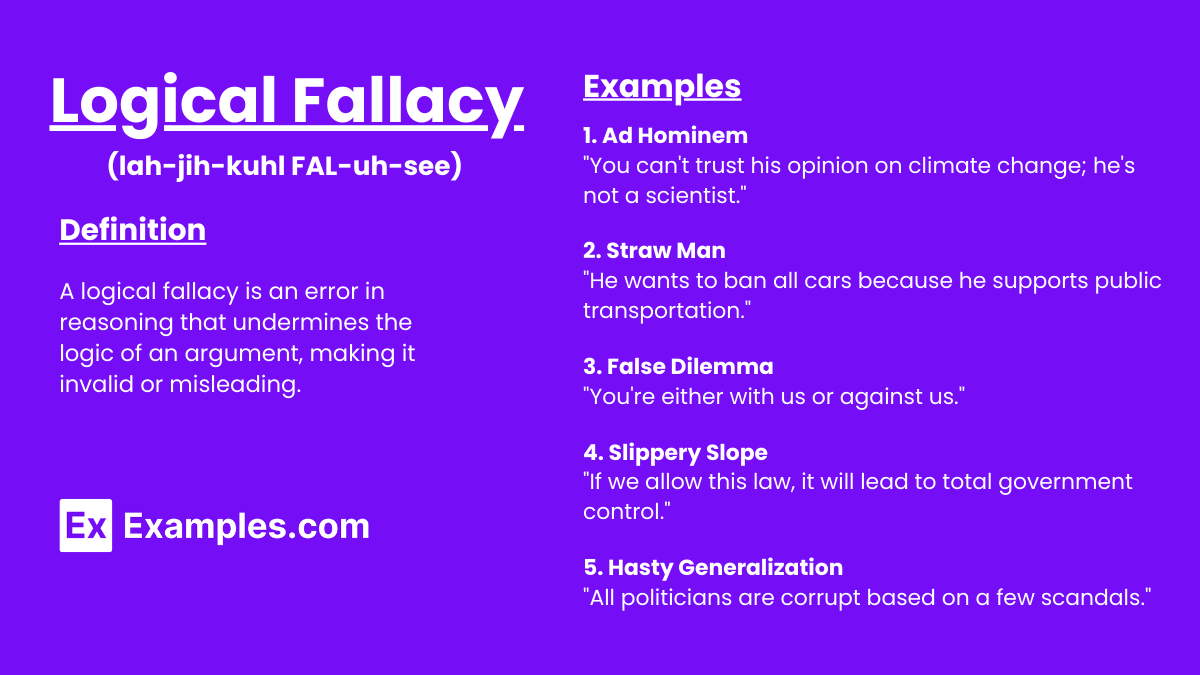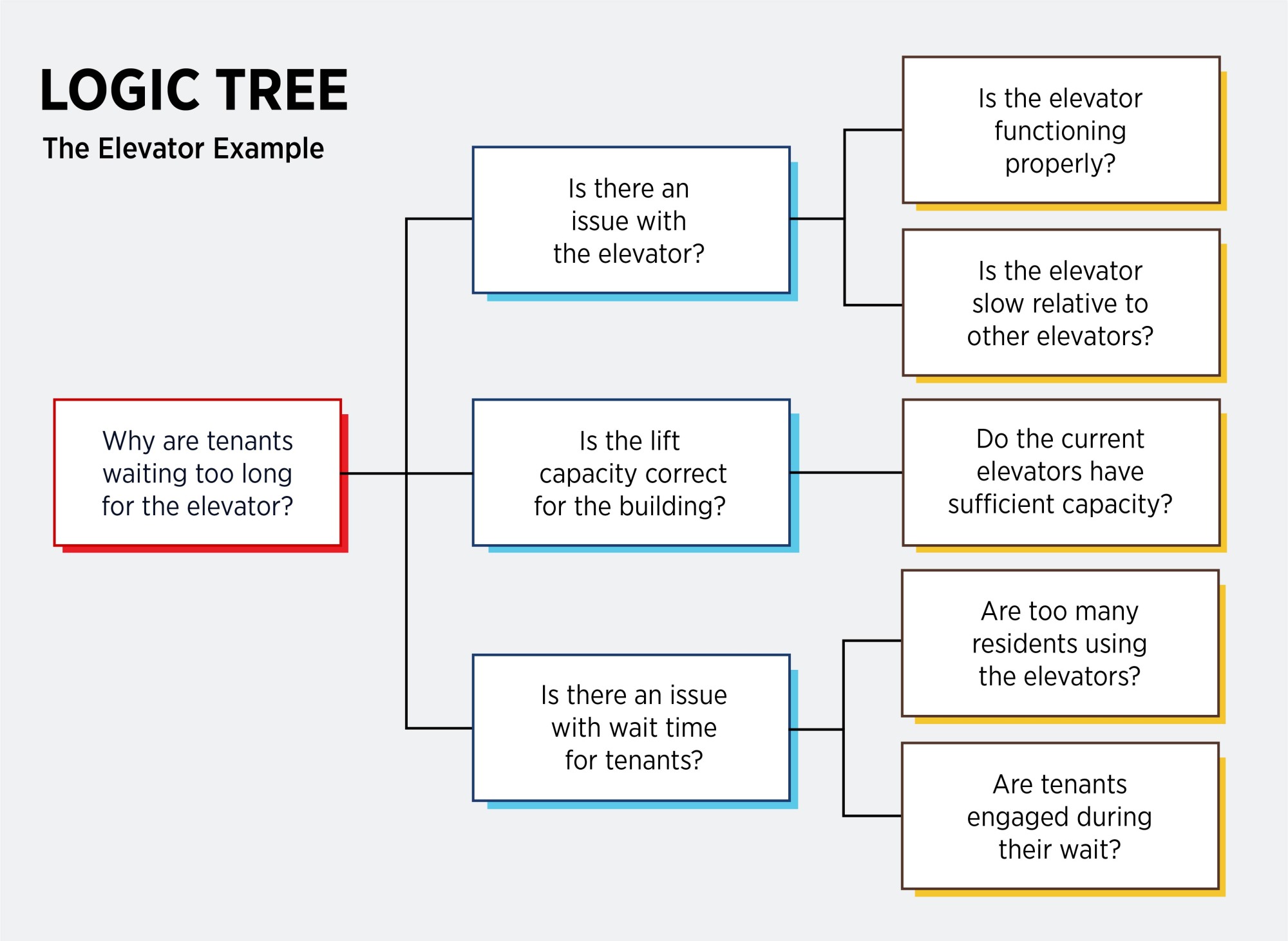Stunning Info About Can I Use Logic For Free

Slogans Famosos Slope Game Descubra O Mundo Das Apostas Online Com
Unlocking the Power of Logic
1. The Promise of Reason
Ever wonder if you could just think your way out of a problem? Like, avoid paying that hefty consultant fee and solve things yourself? The allure of logic is strong, promising clear solutions and rational decisions. But, like those "free" trials that require a credit card, is logic truly free to use? The answer, as with most things, is a delightfully complex "it depends."
Logic, in its purest form, is a system of reasoning. It's the framework upon which we build arguments, identify fallacies, and ideally, arrive at accurate conclusions. We use it every day, whether we realize it or not. From deciding what route to take to work to debating the merits of pineapple on pizza (a purely illogical act, by the way), logic plays a part.
The initial appeal is certainly the idea that you don't need to buy it or download an app. It's more like a built-in operating system for your brain. Its about understanding cause and effect, identifying patterns, and making deductions. The real challenge lies in applying that raw power effectively and without bias.
Think of logic as a muscle. You have it, but if you dont exercise it, it gets a little flabby. Regularly engaging with logical puzzles, debates, or even just carefully considering different perspectives can help strengthen that mental muscle and make your reasoning sharper. And that, my friend, is priceless.

Where Are Logic Gates Used In Real Life At Donald Hanson Blog
The "Cost" of Clear Thinking
2. The Price of Admission
Okay, so logic seems free, but let's be real. Theres always a cost. In this case, the price isnt monetary, but it's paid in effort and, perhaps more importantly, the willingness to confront your own biases. Logic demands that you examine your assumptions, and sometimes, those assumptions are deeply ingrained and very wrong.
One of the biggest hurdles is cognitive bias. We all have them. Confirmation bias, for example, makes us gravitate towards information that confirms our existing beliefs, while conveniently ignoring anything that contradicts them. Logic, ironically, becomes a tool to justify our prejudices rather than overcome them. Overcoming these ingrained patterns takes conscious effort and a willingness to challenge yourself.
Consider this: You might think youre making a perfectly logical decision to buy a certain brand of car because of its reliability ratings. But what if those ratings are based on outdated information, or skewed by a particular methodology? What if you're subconsciously influenced by the car's sleek design, despite knowing that practicality should be your primary concern? The logical facade crumbles when exposed to the light of scrutiny.
Furthermore, true logical reasoning takes time and focus. In a world of instant gratification and soundbite arguments, taking the time to carefully analyze information and consider all perspectives can feel like a luxury. However, the cost of not doing so can be significantly higher, leading to poor decisions and avoidable mistakes.
Rational Thinking Clipart
Logic in Action
3. Where Does Logic Shine?
So, we've established that logic is accessible but requires effort. But where exactly can you put this free tool to work? The applications are surprisingly vast. From everyday decision-making to complex problem-solving, a logical approach can make a significant difference.
In business, logic is essential for strategic planning, risk assessment, and data analysis. By identifying patterns, evaluating potential outcomes, and minimizing emotional influences, businesses can make more informed decisions that lead to greater success. Imagine launching a new product based on gut feeling alone versus meticulously analyzing market trends and customer feedback. The difference is clear.
In personal relationships, logic can help navigate disagreements and build stronger connections. By focusing on clear communication, understanding different perspectives, and avoiding emotional reasoning, you can resolve conflicts more effectively and foster mutual respect. Trying to "win" an argument with your partner might feel good in the short term, but a logical approach focused on understanding and compromise will yield far better results in the long run.
Even in creative pursuits, logic has a role to play. While creativity often thrives on intuition and imagination, a logical framework can help refine ideas, structure narratives, and ensure that the final product is coherent and impactful. Think of a musician crafting a song. They might start with a burst of inspiration, but they'll need a logical understanding of melody, harmony, and rhythm to turn that inspiration into a compelling piece of music.

Beyond the Basics
4. Mastering the Art of Reasoning
Now that youre convinced (hopefully!) that logic is worth the investment of time and effort, let's talk about how to sharpen your skills. Fortunately, there are countless resources available, both free and paid, to help you become a master of reasoning.
One simple way to improve your logic is through puzzles and games. Sudoku, crosswords, and logic grid puzzles are all excellent exercises for strengthening your deductive reasoning abilities. There are also many online platforms that offer interactive logic games and challenges that can be both fun and educational.
Another valuable approach is to study formal logic and critical thinking. Many universities offer online courses on these topics, and there are also numerous books and articles available that delve into the principles of logical reasoning. While formal logic can seem intimidating at first, even a basic understanding of concepts like propositional logic and predicate logic can significantly enhance your analytical skills.
Most importantly, practice, practice, practice. Actively engage with arguments and debates, both online and offline. Question assumptions, identify fallacies, and try to construct your own well-reasoned arguments. The more you use your logic skills, the sharper they will become.

Logical Form
The Final Verdict
5. The Power Within
So, circling back to our original question: Can you use logic for free? The answer, I believe, is a resounding yes — with a significant asterisk. Logic itself is a readily available tool, a fundamental aspect of human cognition. However, wielding it effectively requires effort, self-awareness, and a willingness to challenge your own biases.
Think of it like this: You have the free ability to speak, but that doesn't guarantee you'll deliver a captivating speech. Similarly, you have the inherent capacity for logic, but that doesn't guarantee you'll make sound decisions. It requires honing your skills, practicing your craft, and constantly striving for improvement.
Ultimately, the value of logic isn't in its free availability, but in its transformative potential. By embracing logical reasoning, you can unlock a greater understanding of the world around you, make more informed decisions, and navigate complex challenges with clarity and confidence. Its an investment in yourself, and in your future.
So, go forth and exercise your logical muscles. Question everything. Challenge assumptions. Embrace the power of reason. And remember, while logic may be "free," the rewards of mastering it are truly priceless.

Is Logical And Analytical Reasoning Same At Andrea Cahill Blog
FAQ
6. Your Questions Answered
We've covered a lot, but you might still have some lingering questions. Let's tackle a few common inquiries about logic and its application in everyday life.
7. Q
A: While logic is incredibly valuable, it's not always the only approach. Sometimes, intuition, creativity, and emotional intelligence are equally important. The key is to find a balance and use the right tool for the job. For example, logic might be crucial for making financial decisions, but empathy and emotional understanding are essential for building strong relationships.
8. Q
A: This is a tough one! Self-awareness is key. Actively seek out perspectives that challenge your own beliefs. Ask yourself, "What evidence would convince me that I'm wrong?" If you're unwilling to consider alternative viewpoints, you're likely rationalizing rather than reasoning.
9. Q
A: Absolutely! Over-reliance on logic can lead to analysis paralysis, where you get so caught up in analyzing every detail that you fail to take action. It can also make you appear cold, insensitive, and detached from the human element. Remember, logic is a tool, not a replacement for empathy and compassion.
10. Q
A: Definitely! Logic is a skill that can be developed and improved with practice. Just like any other skill, it takes time, effort, and a willingness to learn. Start with simple logic puzzles, engage in debates, and actively question your own assumptions. Over time, you'll become a more logical and effective thinker.